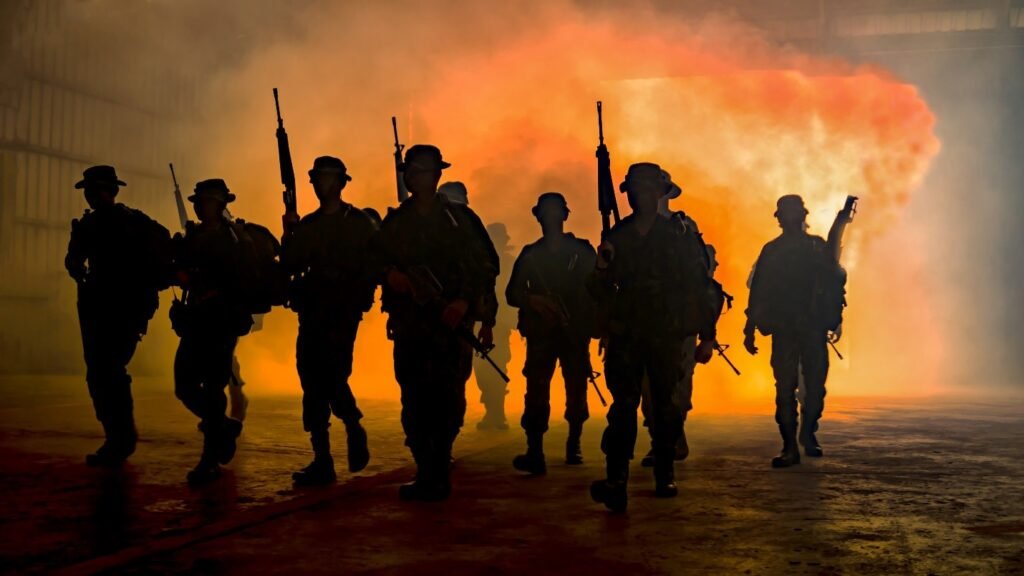
Introduction
The Sahel, a region marked by its complex sociopolitical landscape and diverse cultural tapestry, has witnessed a historical preference for military rule over civilian leadership in various nations. This phenomenon might seem perplexing at first glance, as the principles of democracy and civilian governance are often celebrated worldwide. In this article, we delve into the factors that underlie this preference for military rule, exploring the historical context, security considerations, perceptions of stability, and the role of governance failures.
Historical Context: A Legacy of Instability
The historical context of the Sahel region is marked by cycles of political instability, coups, and fragile civilian governments. The lack of stable civilian leadership has contributed to public disillusionment, eroding trust in democratic institutions. Military interventions, at times, have been perceived as a means to break this cycle and restore order, albeit through undemocratic means.
Perceptions of Stability and Security
One key factor influencing the preference for military rule is the perception of stability and security that the military often promises. Sahelian nations have grappled with challenges such as terrorism, insurgency, and ethnic conflicts. In such contexts, the military is seen as a strong, disciplined force capable of maintaining law and order. The belief that civilian leaders are unable to effectively address these security concerns has fueled the favorability of military rule.
Governance Failures and Corruption
The disillusionment with civilian leadership can also be attributed to a history of governance failures, corruption, and elite capture. Many Sahelian countries have experienced situations where elected leaders prioritize personal interests over the welfare of the population. This perception of corruption and failed governance has led some citizens to view the military as a potential alternative that could bring about change and accountability.
Swift Decision-Making and Crisis Management
Military regimes often emphasize swift decision-making and crisis management, traits that are seen as necessary in times of crisis. In a region prone to emergencies such as food shortages, droughts, and conflicts, the military’s ability to respond quickly to urgent challenges is viewed as a practical advantage.

Lack of Political Education and Alternatives
A lack of political education and viable alternatives can also contribute to the preference for military rule. In many Sahelian countries, political education and awareness are limited, and citizens might not fully understand the implications of different governance systems. When presented with a choice between military rule and civilian leadership plagued by corruption and inefficiency, the former might seem like a more attractive option.
Conclusion: Navigating a Complex Landscape
The preference for military rule over civilian leadership in the Sahel is rooted in a complex interplay of historical, cultural, security, and governance factors. While military regimes might promise stability and security, they often come at the cost of democratic principles and human rights. The Sahelian nations face the challenge of striking a balance between effective governance, security, and democratic values. The path forward requires addressing the root causes of instability, fostering political education, strengthening democratic institutions, and ensuring civilian leadership that truly represents the interests of the people. In navigating this complex landscape, the Sahel has the potential to build a future that combines security with genuine democratic governance.
Hashtags:
#SahelRegion #MilitaryRule #CivilianLeadership #GovernanceChallenges #SecurityConcerns #PoliticalInstability #Corruption #DemocracyMatters #StabilityandSecurity #CrisisManagement #GovernanceFailures #DemocraticValues #PoliticalAwareness #SahelPolitics #FutureLeadership
